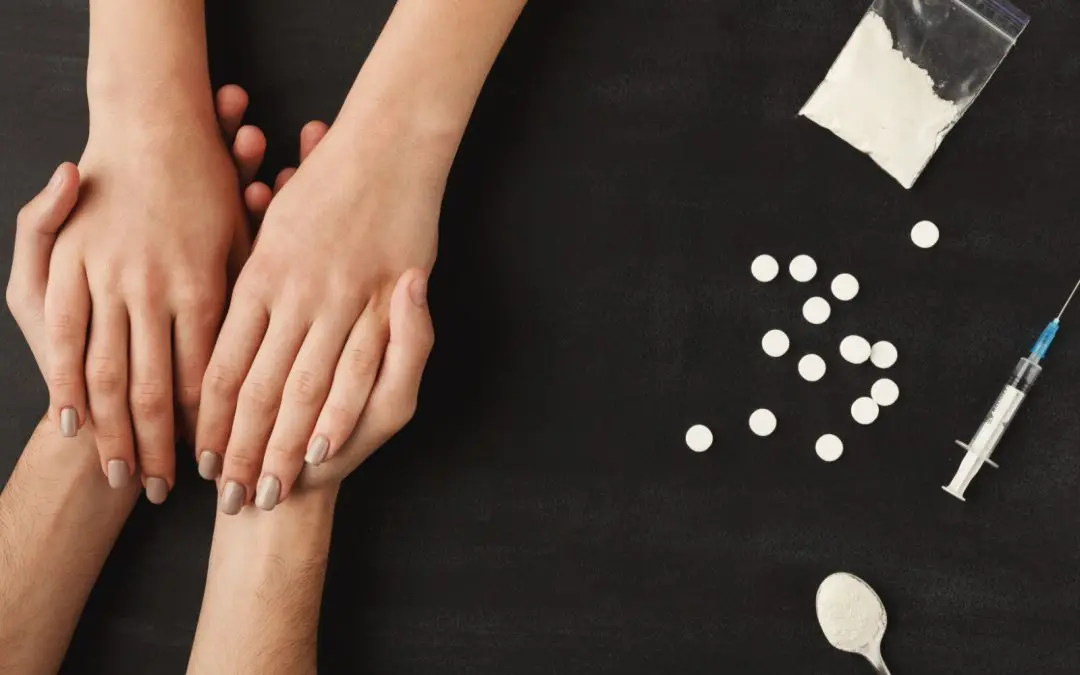24/7 Helpline:
(866) 899-221924/7 Helpline:
(866) 899-2219
Learn more about Substance Abuse Treatment centers in Washington County

Other Insurance Options

Carleon

Absolute Total Care

Highmark

Cigna

Meritain
Beacon

MVP Healthcare

Sutter

Premera

MHNNet Behavioral Health

Medical Mutual of Ohio

Regence

Ceridian

Aetna

Covered California

Kaiser Permanente

PHCS Network

Horizon Healthcare Service

Holman Group

Magellan

Grand Lake Mental Health Center
Grand Lake Mental Health Center is a private rehab located in Bartlesville, Oklahoma. Grand Lake Men...

Youth and Family Services of Washington County
Youth and Family Services of Washington County is a non-profit rehab located in Bartlesville, Oklaho...










































Jane Phillips Medical Center – Behavioral Health
Jane Phillips Medical Center – Behavioral Health is a drug and alcohol rehab located in Bartlesville...




































